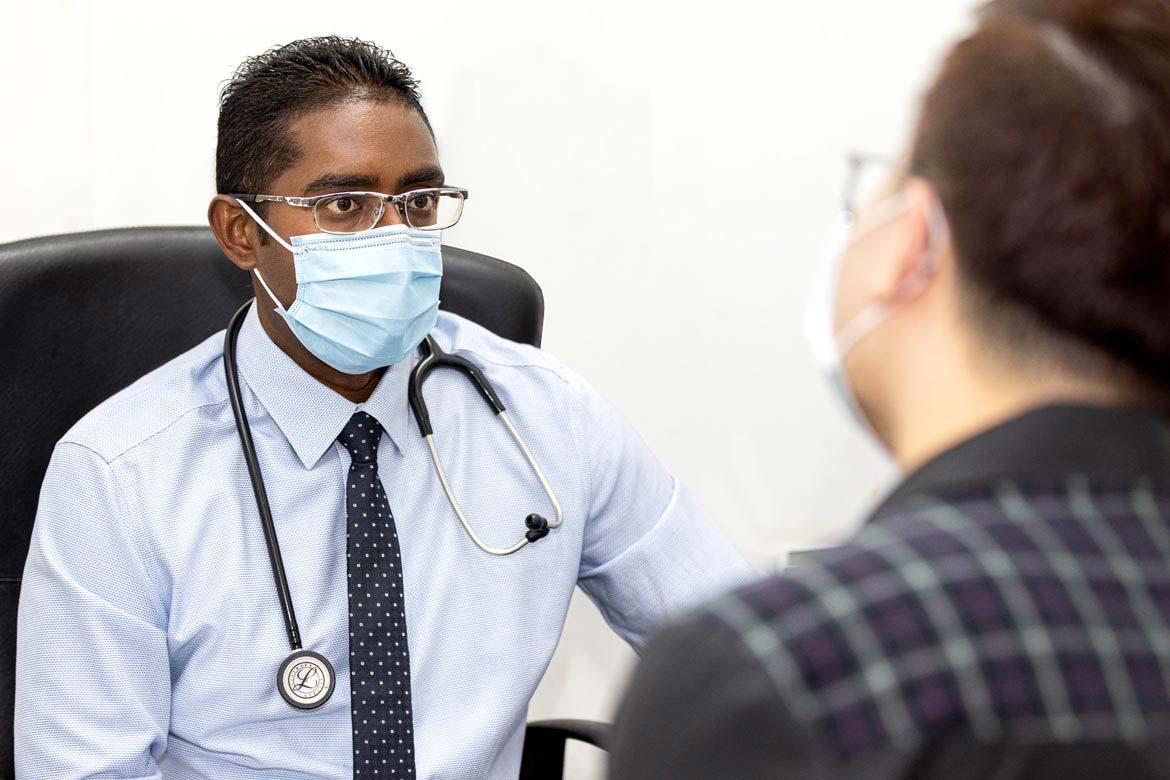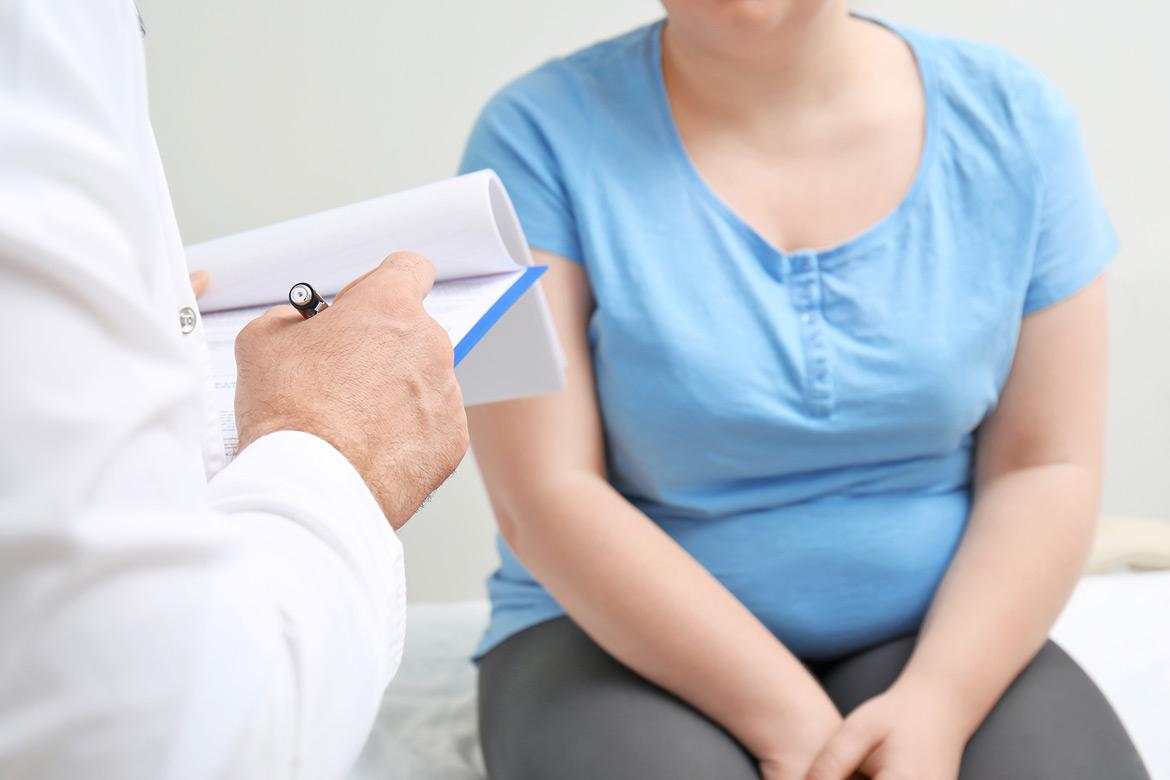-
-
Featured Care Areas

Deep Vein Thrombosis
How is deep vein thrombosis diagnosed?
- D-dimer blood test: Measures the presence of D-dimer, a protein fragment produced by blood clots. Elevated levels suggest active clotting, but a negative result can help rule out DVT or pulmonary embolism (PE).
- Duplex ultrasound: The most common test for diagnosing DVT. It uses sound waves to create images of blood flow through veins. A handheld transducer is moved over the skin to detect clots or abnormal blood flow. Repeated ultrasounds may be done to monitor clot progression.
- Venography: An invasive X-ray test where dye is injected into a large vein in the foot or ankle to make veins visible. Rarely performed due to its invasiveness; ultrasound is preferred.
- Magnetic resonance imaging (MRI): Occasionally used to detect DVT in deep veins of the abdomen.
How is deep vein thrombosis treated?
Blood thinners (anticoagulants): These medications help prevent existing clots from growing larger and reduce the risk of new clots forming. They can be administered orally, through an IV, or via injection. Regular blood tests are needed for certain medications like warfarin, and some blood thinners may not be suitable during pregnancy.
Clot busters (thrombolytics): Typically reserved for more serious cases of DVT or pulmonary embolism, especially when other treatments are ineffective. These medications are delivered directly to the clot through a catheter. While effective, they carry a higher risk of bleeding and are used cautiously.
Filters: In cases where blood thinners aren’t a suitable option, a filter may be placed in the vena cava to prevent clots from reaching the lungs. This approach provides an added layer of protection against potentially life-threatening complications.
Compression stockings: Wearing these specially designed knee-high socks helps reduce swelling and prevent blood from pooling in the legs. They are often recommended for daily use over several years to enhance blood flow and support recovery.
This coverage checker is brought to you by Health Insured, an online resource that helps you understand your health coverage in Singapore.
This page has been reviewed by our medical content reviewers.
Need help?
For enquiries, please call
+65 6575 7575
For appointment bookings, please WhatsApp
+65 8111 9777








